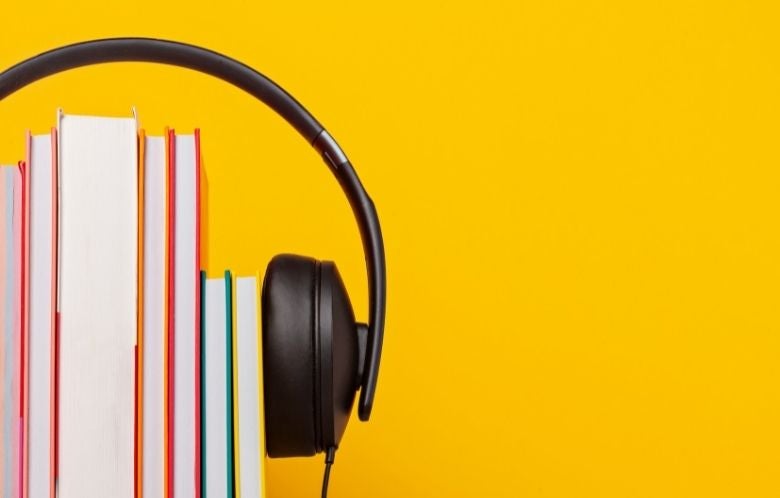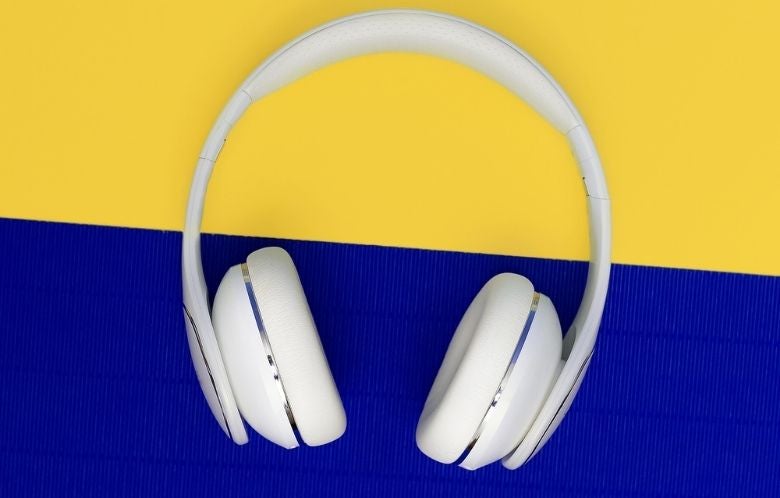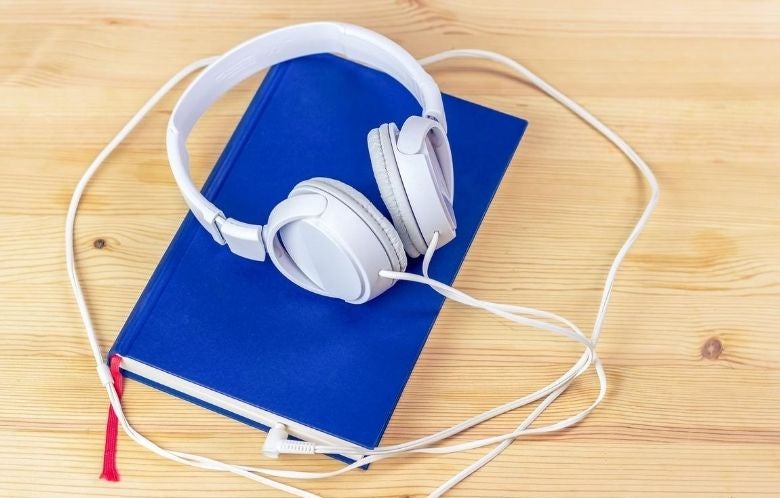Happy Audiobooks Month! As a lifelong audiobook listener, I frequently, and often unprompted, try convincing others to give audiobooks a try. Since I work at NoveList and not in an actual library, my family, friends, and coworkers tend to be the lucky recipients of my conversion efforts. I say “tend to be” because I don’t shy away from providing listeners’ advisory to acquaintances or even complete strangers if the subject of books comes up and surprisingly enough, it usually does.
Over the course of these many conversations about audiobooks, I’ve found that listeners tend to fall into one of these three categories, although there’s always room for overlap. By identifying the category, it becomes easier to help the person find an audiobook that meets their need.
The categories are:
- Need-focused
- Narrator-focused
- Story-focused
Need-focused listeners are usually easy to identify. They are looking for materials that meet a specific need such as audiobooks for the blind or visually impaired, English language learning programs, audiobooks paired with print texts to improve literacy skills, or even just a family-friendly audiobook for an upcoming road trip. If your library patron has a need-based request and didn’t specifically request an audiobook, this can be a good opportunity to suggest one. Library patrons are frequently unaware of the extent of their library’s audiobook collection and of the number of formats available. Suggest a downloadable business audiobook to the patron looking for the print title and emphasize the flexibility this format offers, from the fast and easy download to the ability to listen while driving, working out, etc.
Working with narrator-focused listeners can be intimidating to librarians who are not themselves audiobook listeners. Please don’t despair - there are lots of resources to help you suggest that next perfect listen. When we expanded the NoveList collection to include audiobooks in 2014, my colleagues and I developed a narrative appeal vocabulary that describes audiobook production and narration. Terms like Full cast, Audio drama, and Multiple narrators identify specific aspects of the production while terms like Distinctly voiced, Emotionally connected, Comedic, Engrossing, Folksy, and Resonant describe the narrator’s voice or overall performance. All of our appeal terms (print and audiobook) can be found on our website here. Another great source of information on narrators is AudioFile magazine. The website offers narrator biographies, sound samples, and interviews. The magazine also recognizes excellence in narration through it’s Golden Voice Narrator award which is bestowed monthly.
Story-focused patrons are also good candidates for an audiobook conversion moment since the plot is the main attraction to them. If you are trying to persuade someone to try an audiobook for the first time, be selective with your choice of narrator. In general, story-focused listeners will put up with less-than-outstanding narrators in order to listen to the story rather than read it but if you’re wooing someone over to audio, then the choice of narrator is vital. If you are working with an experienced story-focused listener who is looking for their next title, then you’ve hit the listeners’ advisory jackpot because you can recommend a title based on any appeal characteristic and not just on narrative appeal characteristics.
In short, regardless of the category your listener falls into, you can use NoveList’s narrative appeal vocabulary to find an audiobook to delight them!

Celebrate Audiobooks Month and download a flyer, or make your own in LibraryAware.
Audiobooks with Screen Actors as Narrators
Narrator Spotlight: Bahni Turpin
Narrator Spotlight: Dion Graham
Renee Young is a Senior Metadata Librarian. She is currently listening to Bad Blood by John Carreyrou.



